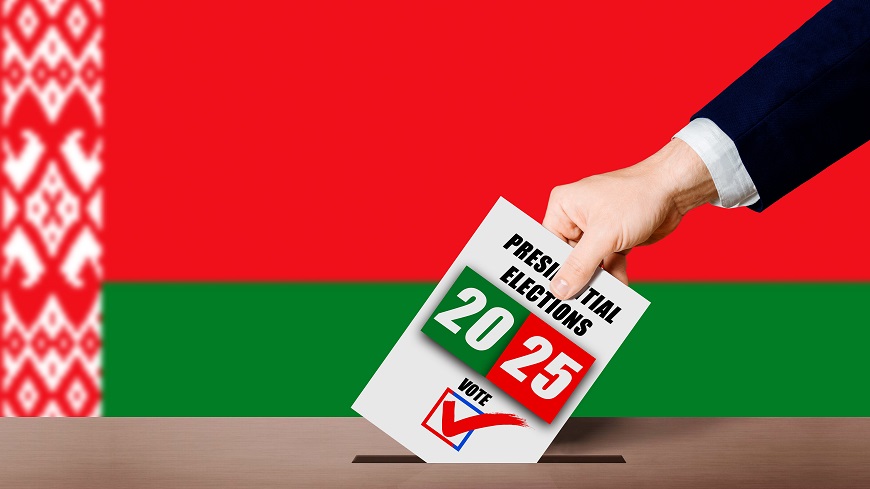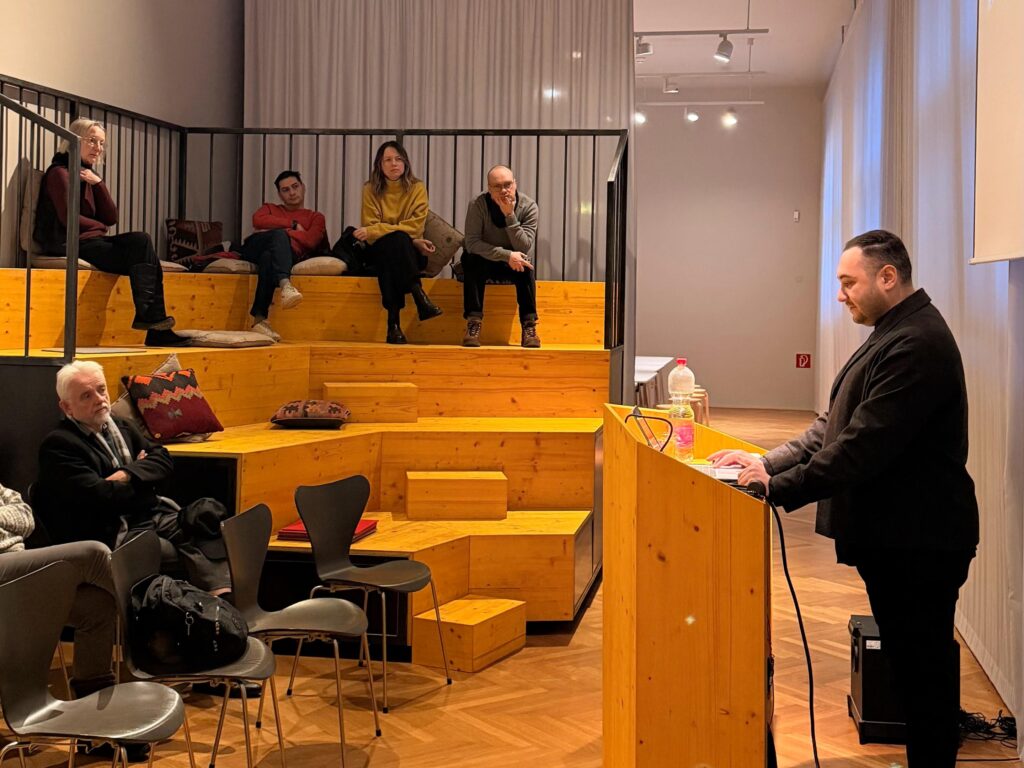What Does Another “Victory” for Lukashenko Mean for Belarus?
On January 26, presidential elections were held in Belarus, where Alexander Lukashenko, who has held power since 1994, was declared the winner. The EU’s top diplomat and the European Parliament’s president condemned the “sham elections.” Leaders from Poland, Lithuania, Latvia, Ukraine, and Germany also criticized the elections, while Hungary blocked the EU’s joint statement denouncing the undemocratic process. “The relentless and unprecedented level of repression, human rights violations, and restrictions on political participation and independent media have stripped the electoral process of any legitimacy,” read the draft statement prepared by the European External Action Service.
A Predictable Outcome
Political scientist Olga Dryndova, Editor-in-Chief of Belarus-Analysen, expressed no surprise at the election results. “Since 1995–1996, elections in Belarus have ceased to be democratic. The only internationally recognized free election was in 1994, when Lukashenko genuinely won in the second round. That was the first and last instance of true democracy in the country.”
She noted that despite widespread protests in 2020, which signaled a shift in public sentiment, the regime remained in control. “People intuitively understood that Lukashenko no longer had majority support. But after 2020, fear and apathy took hold. Today, Belarus is a fully repressive autocracy with no independent candidates, no mass protests, no free media, and thousands of political prisoners.”
Europe’s Response and Sanctions
The EU has imposed the most extensive sectoral sanctions against Belarus in its history. While sanctions have existed since the 1990s, their intensity has fluctuated. “The timing of these measures is a point of criticism,” Dryndova explained. “When authorities tortured, killed activists, and suppressed protests, sanctions were limited to individuals. But it was only after incidents directly threatening EU security—such as the Ryanair plane incident, the migration crisis, and Belarus’s involvement in the Ukraine war—that sectoral sanctions were imposed.”
Despite criticisms, she emphasized that it would be unfair to say Europe has done nothing. However, human rights violations alone did not trigger such large-scale sanctions, reflecting the EU’s priorities.
What Comes Next for Belarus?
The elections passed without mass protests, but the question remains: will repression continue as in 2020? Dryndova believes the regime may make small concessions to appear more democratic. “Since July 2023, there have been several waves of pardons—about 250 people released. Officially, this is framed as a humanitarian gesture, but the real goal could be to provoke a reaction from the West, possibly easing sanctions or regaining international recognition.”
However, new arrests continue alongside these releases, indicating internal chaos within the security apparatus. Meanwhile, the Belarusian opposition remains divided on how to engage with the regime. Some reject negotiations outright, while others prioritize humanitarian concerns over political principles.
Impact of the Ukraine War on Belarus
The full-scale Russian invasion of Ukraine was a turning point for Belarus. “Everyone was shocked when Russian troops used Belarusian territory to attack Ukraine,” Dryndova said. “Belarus has historically defended itself from invaders. This showed that Lukashenko has no limits and will align with Putin to stay in power.”
For years, Lukashenko justified his rule by saying, ‘At least we have no war.’ After 2022, the idea of a peaceful Belarus became even more significant to citizens. However, Russian and Belarusian state propaganda framed the war as necessary for protection, influencing public perception.
Lukashenko’s Threat to Europe
Belarus’s authoritarianism has consequences beyond its borders. “The 2020 Ryanair plane incident is a striking example,” Dryndova noted. “By Lukashenko’s order, a passenger plane carrying EU citizens was forcibly grounded, directly challenging international security. This incident shows how authoritarianism in Belarus affects European stability.”
The Future of the Regime
The survival of Lukashenko’s rule depends on external factors: the war in Ukraine, the stability of Putin’s regime, and the stance of other authoritarian states.
“The key question is what happens if Lukashenko steps down or dies. Will a successor emerge, and can they maintain control? The entire system is built around him, so its future is uncertain,” Dryndova explained. “It could continue functioning, or we could see major changes.”
Despite the current repression, she remains hopeful. “I believe in a better future for my country. Support from democratic nations is essential to accelerate change and help Belarus on its path to freedom.”





